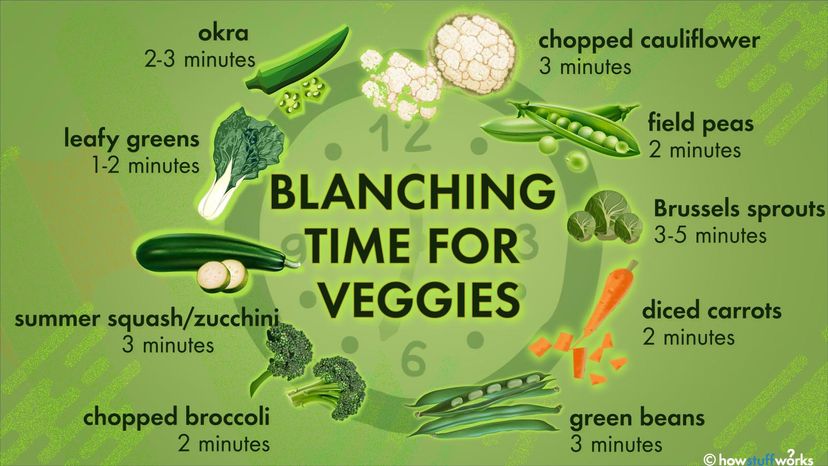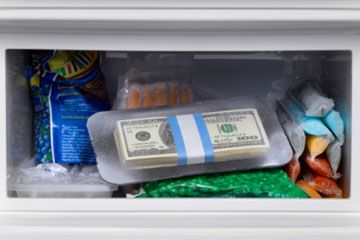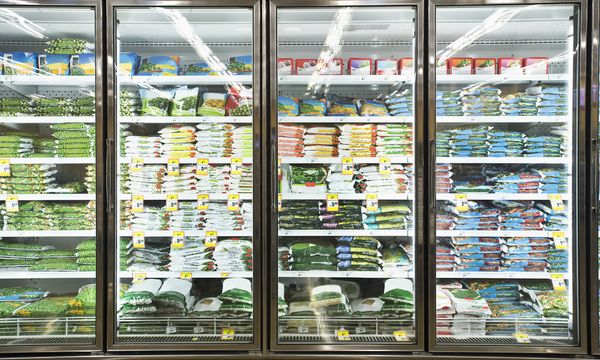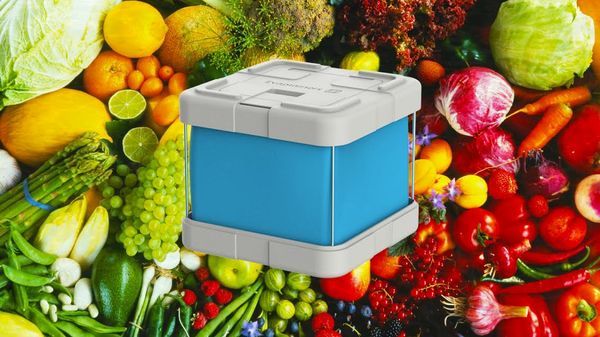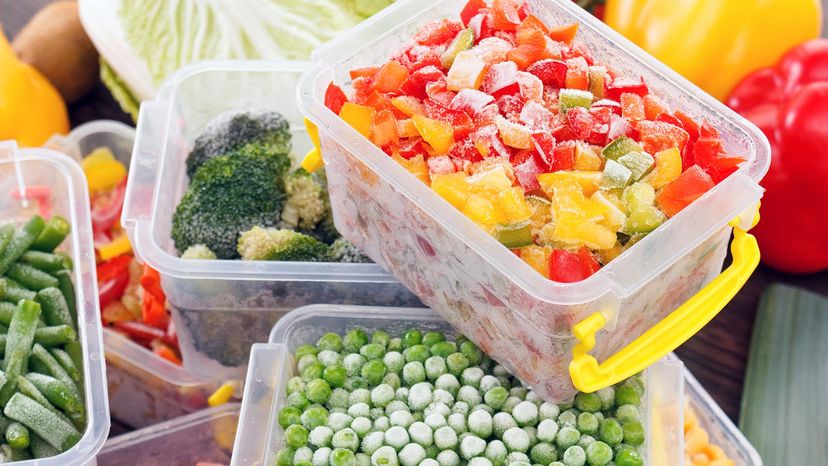
We're lucky to live during a time when we have access to the kind of freezing technology people didn't have even half a century ago. That means if you have fresh veggies from your garden or the supermarket, you have countless ways to keep those veggies as delicious as the day you got them, including freezing them.
While not all vegetables take as kindly to freezing as others, when most vegetables are prepared, packed and frozen properly, you can expect them to last six to 12 months in the freezer. And according to a 2017 study conducted by the University of Georgia and published in the Journal of Food Composition and Analysis, those veggies might even be more nutritious after you freeze them than if you'd kept them fresh for five days.
Advertisement
So whether you have a bumper crop from your garden, or you simply want to freeze some fresh veggies from the market you want to enjoy year-round, it's easy if you know how.
